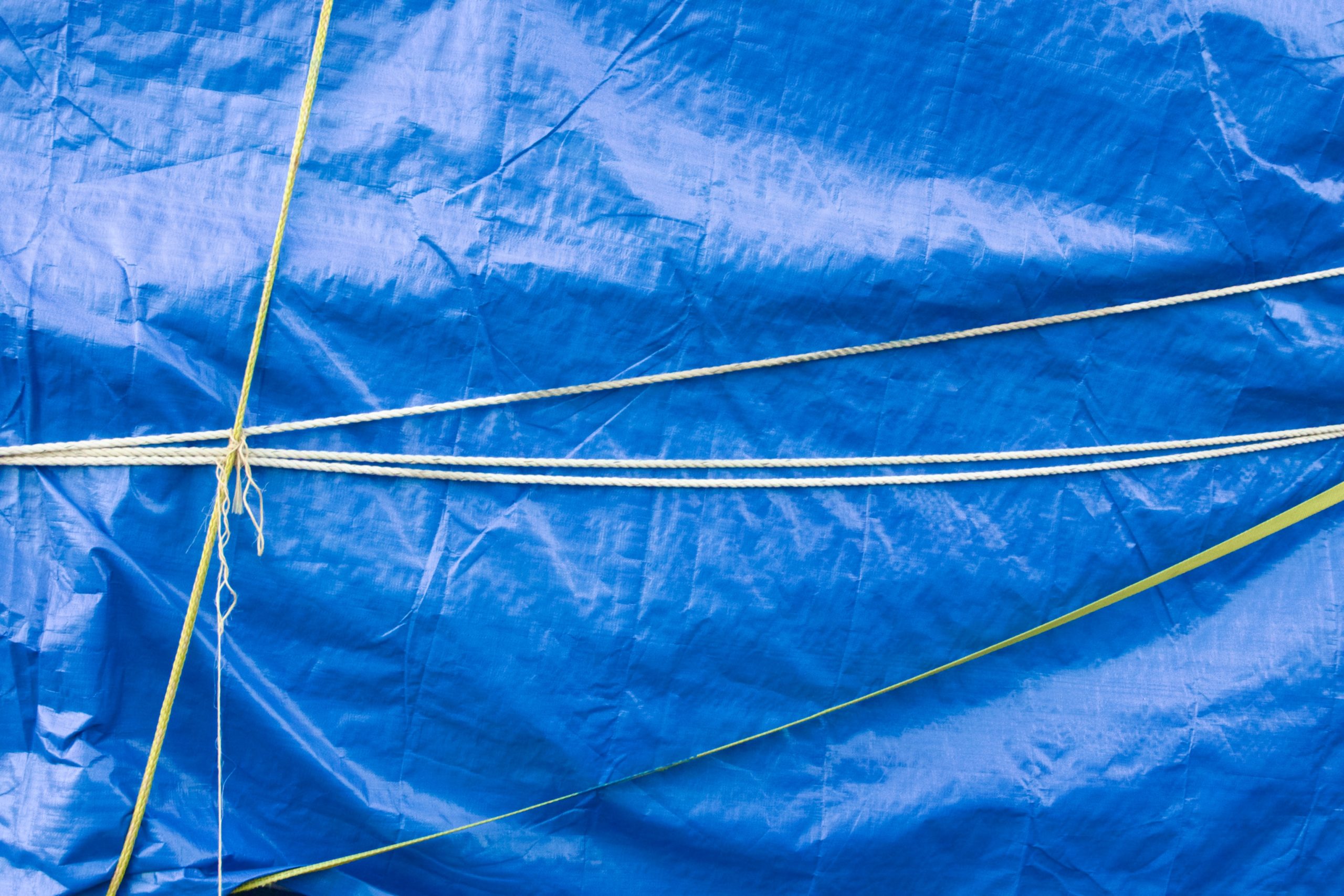Links
About the webinars
Reducing the impact of procurement: Results from life cycle assessments of key items of the humanitarian sector
Thursday, 5 June 2025 | 10:30 – 12:30 CET (Part 1)
Thursday, 26 June 2025 | 12:30 – 14:00 CET (Part 2)
Emissions from procurement of goods and services account for almost 50% of the sector-wide carbon footprint. For individual humanitarian organisations, this share can be even higher.
The International Committee of the Red Cross (ICRC), the Climate Action Accelerator and two departments of the Swiss Federal Institute of Technology in Lausanne (EPFL) have joined forces to conduct life cycle assessments of some of the most relevant items in the humanitarian sector in order to identify levers to reduce the environmental and health impact of items as well as to improve their emission factors.
These sessions provided participants with the results of the 13 analysed items:
- High-thermal blankets
- Jerrycans
- Plastic buckets
- Solar Lamps
- Soap bars
- Plastic floor mats
- Mattresses
- Face mask Type 1
- Single-use vs reusable hygienic pads
- Single-use vs reusable coveralls
- Hygiene kits
- Mosquito nets
- Ready-to-use-therapeutic food (RUTF)
The presentations of the LCA results were followed by a Q&A session with members from the project team, including Carmen Garcia Duro, Sustainable Supply Chain Alliance Project Manager at ICRC.
During the webinars, speakers also explored the opportunities and limitations of LCAs, and discussed how these assessments can help logistics and procurement teams reduce the environmental impact of procured items.
Explore these insightful presentations and learn how your organisation can make progress on emissions and environmental impact reductions.
When and where?
📆 Thursday, 5 June 2025 | 10:30 – 12:30 CET (Part 1)
📆 Thursday, 26 June 2025 | 12:30 – 14:00 CET (Part 2)
💻 Online
🇬🇧 Language: these webinars were conducted in English and translated simultaneously into French.
Watch the replay
Speakers
Ashima Rajput, Computer engineer and environmental analyst, EPFL Laboratory of Environment and Urban Economics (LEURE)
Ashima Rajput is a computer engineer and environmental analyst, specializing in Life-Cycle Assessments and Circular Economy. She works at the EPFL Laboratory of Environment and Urban Economics, after completing her studies in Sustainable Business and Circular Value Networks in Lausanne as well. Originally from Delhi, India, she strives to make her work count by using her technological and environmental backgrounds to focus on bringing resilience and sufficiency to the world.
Carmen García Duro, Sustainable Supply Chain Alliance Project Manager, International Committee of the Red Cross (ICRC)
Carmen García Duro has worked in humanitarian logistics since 2008, with seven years in the field (2007–2014) across various organizations. After moving to ICRC HQ, she led logistics as a sector head and completed an MBA in sustainable business in 2019. In September 2020, Carmen became the Sustainable Supply Chain Alliance (SSCA) Project Manager in ICRC, driving initiatives in sustainable fleet management, sustainable purchasing, and reducing air transport while improving visibility. She also helped develop the Humanitarian Carbon Calculator together with more than 100 organizations, the tool has been adopted by many humanitarian organizations to measure carbon emissions consistently, supporting efforts to prioritize carbon reductions effectively at the same time that has created a community of practice on carbon accounting in the humanitarian sector
Paolo Sévègnes, Carbon Metrics Officer, Climate Action Accelerator
Paolo Sévègnes works on measuring carbon footprints and modelling decarbonisation trajectories at Climate Action Accelerator. He holds a Master’s degree in Organizational Management and Administration and an Engineering degree in Logistics, and has specialised in GHG footprint measurements during an experience at Médecins Sans Frontières, carrying out the calculations of the Swiss section of the organisation.
Sonja Schmid, Head of the Solutions Team, Climate Action Accelerator (Moderator)
Sonja Schmid is leading the Climate Action Accelerator’s Solutions Teams and is one of the thematic focal points for procurement and supply. She has over ten years of experience in the field of sustainability, specialising in purchasing and procurement standards. She was previously Corporate Responsibility Manager at a major retailer in France and Senior Manager of the Sustainable Supply Chain Initiative at a private sector association. Prior to that, she worked for a leading consultancy on climate, environment, and development based in Germany. Sonja holds a Master of Arts (M.A.) in Political Science from the Ludwig-Maximilians-Universität in Munich and speaks German, English, and French.
Part 1 | Watch the recording
Reducing the impact of procurement: Results from life cycle assessments of key items of the humanitarian sector
Thursday, 5 June 2025 | 10:30 – 12:30 CET (Part 1)
In Part 1 of the webinars, we covered the following items:
- High-thermal blankets
- Jerrycans
- Plastic buckets
- Solar Lamps
- Soap bars
- Plastic floor mats
- Mattresses
Recording 1
Part 1 | Download the presentation
-
Reducing the impact of procurement: Results from life cycle assessments of key items of the humanitarian sector (Part 1)
Download the presentation
Download here
Part 2 | Watch the recording
Reducing the impact of procurement: Results from life cycle assessments of key items of the humanitarian sector
Thursday, 26 June 2025 | 12:30 – 14:00 CET (Part 2)
In Part 2 of the webinars, we covered the following items:
- Face mask Type 1
- Single-use vs reusable hygienic pads
- Single-use vs reusable coveralls
- Hygiene kits
- Mosquito nets
- Ready-to-use-therapeutic food (RUTF)
Recording 2
Part 2 | Download the presentation
-
Reducing the impact of procurement: Results from life cycle assessments of key items of the humanitarian sector (Part 2)
Download the presentation
Download here
Featured
Accelerating the reduction of the environmental impact of humanitarian action

Procurement

Procurement criteria

Credits
Photo credits: Goran Backman/Unsplash
